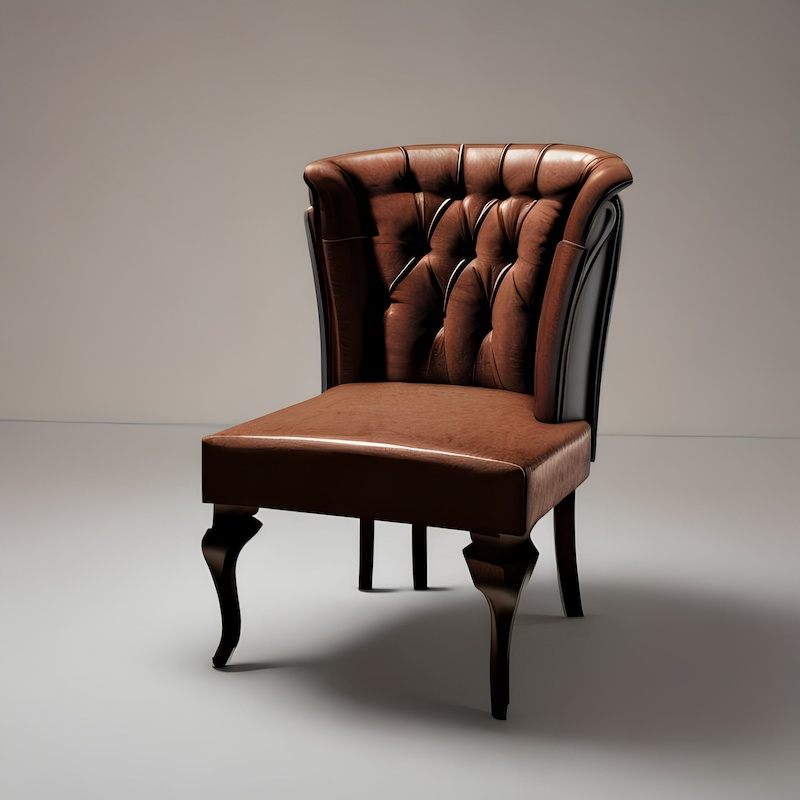
We might as well face the facts: we as individuals and as a society are not going to be the same as we were prior to the start of the pandemic. Whether it’s traveling or simply going out to dinner or to the movies, staying home has become the default position for many people. And this even applies to a significant number of youngsters of school age or even in college who have developed an aversion to in-person learning.
Pre-Covid we were an extroverted society. We'd go to brick-and-mortar stores to buy everything from clothes to toothpaste. Now, for many, the "store" is online with goods and groceries delivered to your door. No need to venture out. No need to engage with other humans. This retrenchment has led to what I term both an “introverted society” and a “doorstep delivery economy.”
Many people are not challenging themselves to overcome their newly arisen social aversions and thus are becoming lonelier. Fewer people are attending in-person events if they are also available online. While this can be a great convenience and appropriate occasionally, the spontaneous sharing of the experience of a beautiful live concert with fellow concert goers, for example, is happening far less frequently.
An additional factor in our society’s growing physical isolation is the universal popularity of iPhones and Androids, which virtually everyone now owns. In the past, when professors who would come into lecture halls to start their lecture, they would have to ask people to quiet down and stop talking to one another so the class could begin. Now far fewer people are actually talking to others when the professor arrives, and are instead glued to their devices, sitting side-by-side yet socially detached.
When I was in college, I always felt that much of the learning I experienced was achieved by sharing thoughts and ideas with my fellow students as well as being in the classroom; it wasn’t just about what the professor said in class, it was also the shared discussions of the material being taught once back at the dormitory.
As a practicing psychiatrist prior to retirement, I felt that seeing a patient in person was a very important aspect of their treatment, as opposed to today where much of psychotherapy is done remotely on ZOOM. The non-verbal communication, the “warmth” of being in the same room, and the learning to trust that other person were all unspoken elements of the therapy. But people now can dial up a psychotherapist whom they have never met and experience their sessions online, screen to screen. Although useful and convenient in certain situations, online therapy lacks the experience of human connectivity, rendering invisible physically revealing cues.
A neighbor of mine, in his mid 30s, works 100% of the time from his home office. He never leaves his house during working hours and thus never experiences in-person interactions during his workday. Another neighbor is a stockbroker who used to savor in-person client interactions in his office during the workday, but he now rarely sees clients or colleagues personally as he has been directed to work out of his home on his computer, a workday he genuinely dislikes.
Our newly minted selves now include lots of people who endlessly walk their dogs alone and spend more time with their “screens” than they do with their fellow human beings. As new technologies arise and new Covid variants emerge, people may unfortunately remain even more withdrawn and isolated as the future evolves. Everyone will have to decide for themselves how much in-person interactions work best for them when balancing their risk tolerance vs. experiencing greater in person intimacy.
Too much aloneness and social isolation have negative implications for individuals and for our society. If people do not develop compassion, empathy, and understanding of others because of not being with them in person, then more detachment and lack of concern for others may arise.
Giving each other a handshake or a hug, rather than clicking the “join meeting” or “leave meeting” buttons on our computers, could be the secret to developing a world of greater trust and less conflict as the future emerges.
Dr. Hugh Winig is a retired psychiatrist and a longtime OLLI @Berkeley member and volunteer.